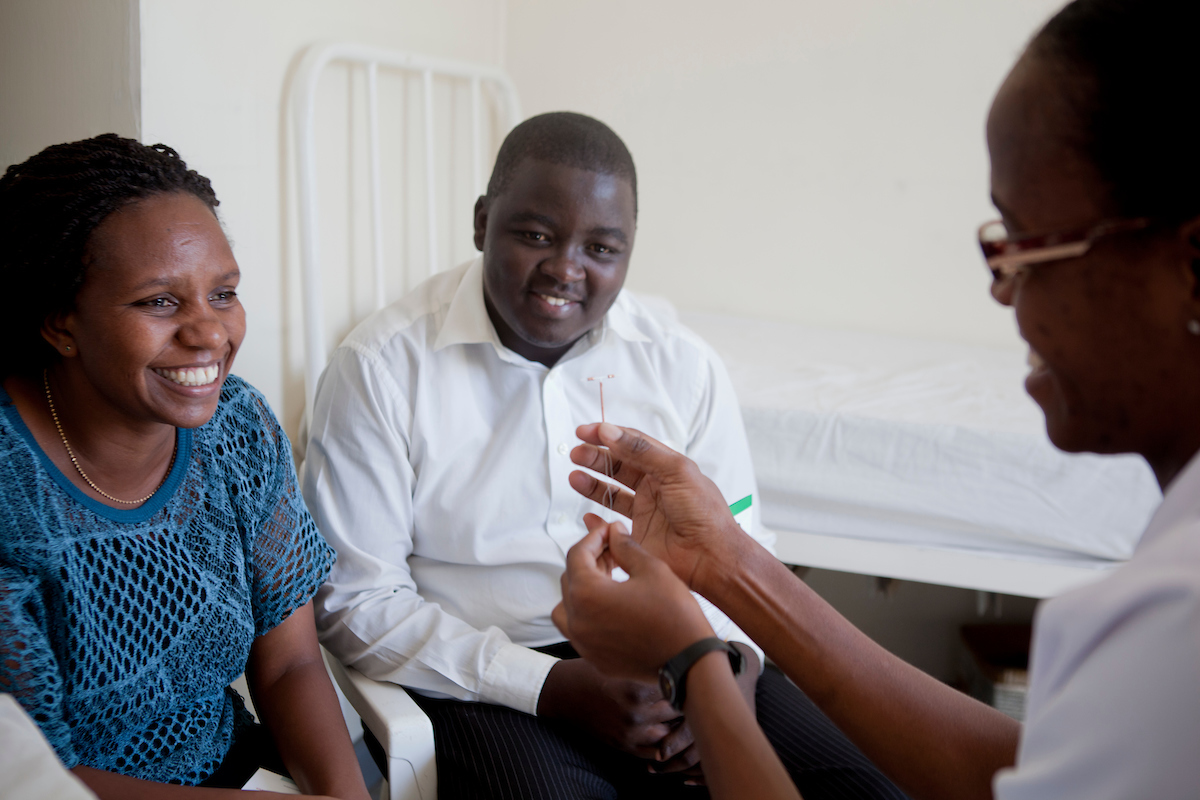SHOPS Plus supports FP2030 countries to engage the private sector in governmental commitment process
Governments and other stakeholders have begun to write and formally launch their FP2030 commitments—pledging to take specific actions to increase the use of voluntary, rights-based family planning in their communities.
Recognizing that private sector engagement is critical to global and national family planning goals, FP2030 and SHOPS Plus collaborated to develop a guidance note on how government commitments can engage the private sector. The guidance note outlines key private sector stakeholders—including private service providers, private insurers, importers and manufacturers, supply chain companies, and corporations—and how governments can interact and collaborate with them from the onset of the commitment making process through monitoring commitment progress and ensuring accountability.

As country governments develop their FP2030 commitments, the SHOPS Plus team is reviewing drafts to provide recommendations on how countries can enhance their proposed engagement with the private sector. For example, several country commitments include actions to ensure contraceptive commodity security and to increase access to long-acting reversible contraceptives. To involve the private sector in these strategies, SHOPS Plus recommended implementing a public-private partnership to provide government contraceptive commodities—including LARCs—to private facilities and outlets. This can help scale access to LARCs through the private sector and establish a secure supply chain for contraceptive products to the private sector. Further, including private sector family planning service delivery in the public insurance scheme is an additional mechanism to motivate private providers to supply a full basket of methods and increase consumer access.
The FP2030 partnership is a global support network of stakeholders working to increase access to rights-based and equitable family planning. Identifying and actively pursuing country-led approaches to communicate, plan, collaborate, and implement with private sector actors will accelerate family planning progress, inclusion, transparency, and mutual accountability, and help achieve country goals.